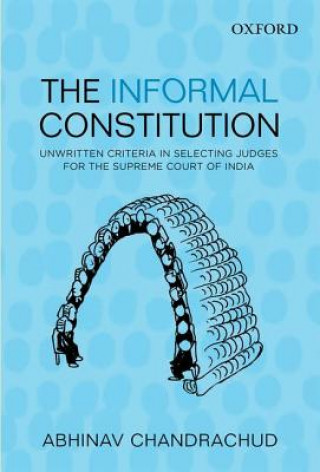
Kod: 02557808
Informal Constitution
Autor Chandrachud, Abhinav (J.S.D Candidate, Stanford Law School, Stanford, California, USA)
Between 1950 and 2009, 189 judges (including 37 Chief Justices) served on the Supreme Court of India, dubbed one of the world's most powerful courts. Not enough is known of who these judges were and the criteria that were used to ... więcej
- Język:
 Angielski
Angielski - Oprawa: Twarda
- Liczba stron: 336
Wydawca: OUP India, 2014
- Więcej informacji o książce

180.52 zł
Dostępność:
50 % szansa Otrzymaliśmy informację, że książka może być ponownie dostępna. Na podstawie państwa zamówienia, postaramy się książkę sprowadzić w terminie do 6 tygodni. Gwarancja pełnego zwrotu pieniędzy, jeśli książka nie zostanie zabezpieczona.
Otrzymaliśmy informację, że książka może być ponownie dostępna. Na podstawie państwa zamówienia, postaramy się książkę sprowadzić w terminie do 6 tygodni. Gwarancja pełnego zwrotu pieniędzy, jeśli książka nie zostanie zabezpieczona.Przeszukamy cały świat
Zobacz książki o podobnej tematyce
-

Arctic Systems
285.64 zł
Bon podarunkowy: Radość gwarantowana
- Podaruj bon o dowolnej wartości, a my się zajmiemy resztą.
- Bon podarunkowy dotyczy całej naszej oferty.
- Możesz wydrukować elektroniczny bon z e-maila a następnie przekazać go obdarowanemu.
- Ważność bonu wynosi 12 miesięcy od daty wystawienia.
Powiadomienie o dostępności
Wpisz swój adres e-mail, aby otrzymać od nas powiadomienie,
gdy książka będzie dostępna. Proste, prawda?
Więcej informacji o Informal Constitution
Za ten zakup dostaniesz 105 punkty
 Opis
Opis
Between 1950 and 2009, 189 judges (including 37 Chief Justices) served on the Supreme Court of India, dubbed one of the world's most powerful courts. Not enough is known of who these judges were and the criteria that were used to select them for the court, especially of those who served on the court in relatively recent times. Broadly speaking, the Indian constitution formally provides that three types of individuals can be appointed to the Supreme Court: (1) High Court judges of five years' standing, (2) High Court lawyers of ten years' standing, or (3) "distinguished jurists", i.e. law professors or others. However, this says very little, perhaps nothing, about the kind of candidates that are selected for appointment to the court. Informal norms have evolved over a period of sixty years which co-exist alongside formal constitutional rules-norms that govern who will be considered fit and eligible for appointment to the Supreme Court of India. In this study, the author has aimed to quantitatively and qualitatively demonstrate that three informal eligibility criteria in particular are used to select judges for the Supreme Court of India, i.e. criteria that have not been formally specified in any constitutional document: (1) a judge should be of the age of 55 or above at the time he is considered for appointment to the Supreme Court, (2) he should be a senior High Court judge or, especially over the last twenty years, a High Court Chief Justice, (3) judges should reflect the geographic (and demographic) diversity of India, i. e. judges are selected for the Supreme Court by taking into account the state or region they belong to, and whether they belong to non-traditional backgrounds, i.e. in terms of religion, caste, or gender.
 Szczegóły książki
Szczegóły książki
Kategoria Książki po angielsku Society & social sciences Politics & government Political structure & processes
180.52 zł
- Pełny tytuł: Informal Constitution
- Autor: Chandrachud, Abhinav (J.S.D Candidate, Stanford Law School, Stanford, California, USA)
- Język:
 Angielski
Angielski - Oprawa: Twarda
- Liczba stron: 336
- EAN: 9780198098560
- ISBN: 0198098561
- ID: 02557808
- Wydawca: OUP India
- Waga: 470 g
- Wymiary: 151 × 225 × 27 mm
- Data wydania: 24. April 2014
Ulubione w innej kategorii
-
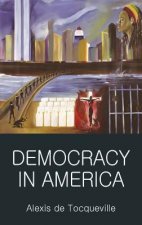
Democracy in America
25.06 zł -26 % -

The Prince
15.29 zł -23 % -
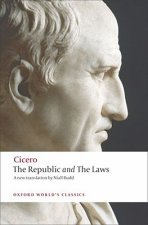
Republic and The Laws
38.25 zł -23 % -

CONVERSATIONS WITH MYSELF
84.26 zł -15 % -

Stalin
97.66 zł -4 % -
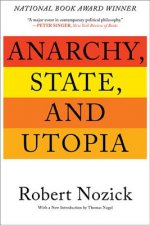
Anarchy, State, and Utopia
81.65 zł -10 % -

Prince
38.25 zł -23 % -

The Prince
12.47 zł -26 % -

Weapons of Math Destruction
52.35 zł -15 % -

Prince
38.25 zł -23 % -

How the World Works
79.43 zł -23 % -

Prince
61.11 zł -23 % -

JFK and the Unspeakable
70.37 zł -23 % -

The Road to Unfreedom
45.30 zł -26 % -

Red Notice: How I Become Putins No 1 Enemy
52.35 zł -15 % -
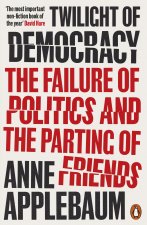
Twilight of Democracy
51.84 zł -23 % -

From Dictatorship to Democracy
38.25 zł -23 % -

Signal and the Noise
77.22 zł -14 % -

Audacity of Hope
51.84 zł -23 % -
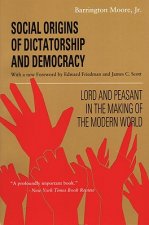
Social Origins of Dictatorship and Democracy
121.12 zł -4 % -

State in the Third Millennium
171.96 zł -9 % -

How to Stand Up to a Dictator
51.84 zł -23 % -
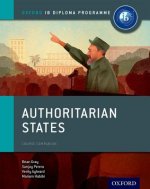
Oxford IB Diploma Programme: Authoritarian States Course Companion
230.96 zł -
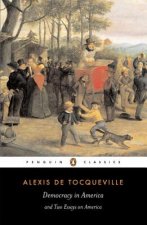
Democracy in America
65.74 zł -4 % -

Prince
33.62 zł -23 % -

Theory U: Leading from the Future as It Emerges
201.06 zł -11 % -
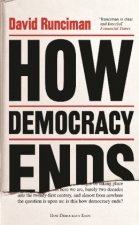
How Democracy Ends
47.01 zł -14 % -
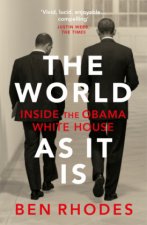
World As It Is
51.84 zł -23 % -

Democracy Incorporated
117.89 zł -
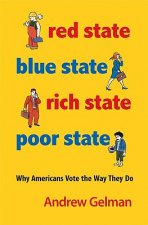
Red State, Blue State, Rich State, Poor State
115.68 zł -
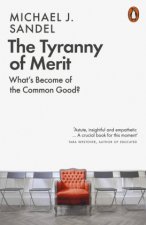
Tyranny of Merit
51.84 zł -23 % -

Utopia
24.56 zł -23 % -

Stalin, Vol. I
87.89 zł -14 % -

Concise Oxford Dictionary of Politics and International Relations
65.74 zł -23 % -

Future of Freedom
84.97 zł -6 % -
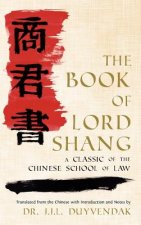
Book of Lord Shang
171.76 zł -

Winter Is Coming
52.35 zł -15 % -
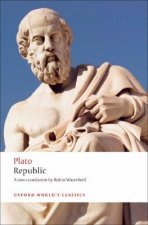
Republic
45.50 zł -4 % -

Orban
87.69 zł -10 % -

Likewar: The Weaponization of Social Media
76.01 zł -12 % -

Obama: An Intimate Portrait
181.73 zł -14 % -

Prince
58.69 zł -4 % -

How to Run a Country
56.07 zł -40 % -

Road to Somewhere
47.31 zł -23 % -

Hitler
87.89 zł -14 % -
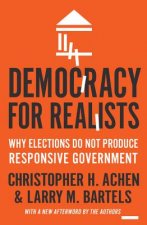
Democracy for Realists
101.38 zł -5 % -

Mrs. Kennedy and Me
81.44 zł -5 % -
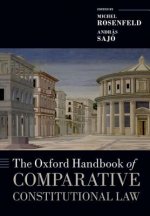
Oxford Handbook of Comparative Constitutional Law
296.61 zł -

Prince
70.17 zł -14 %
zadowolonych klientów
Od roku 2008 obsłużyliśmy wielu miłośników książek, ale dla nas każdy był tym wyjątkowym.
Copyright! ©2008-24 libristo.pl Wszelkie prawa zastrzeżonePrywatnieCookies


 21 milionów książek
21 milionów książek Dostawa 10.99 zł
Dostawa 10.99 zł (32) 444 93 66 (8-15.30h)
(32) 444 93 66 (8-15.30h)